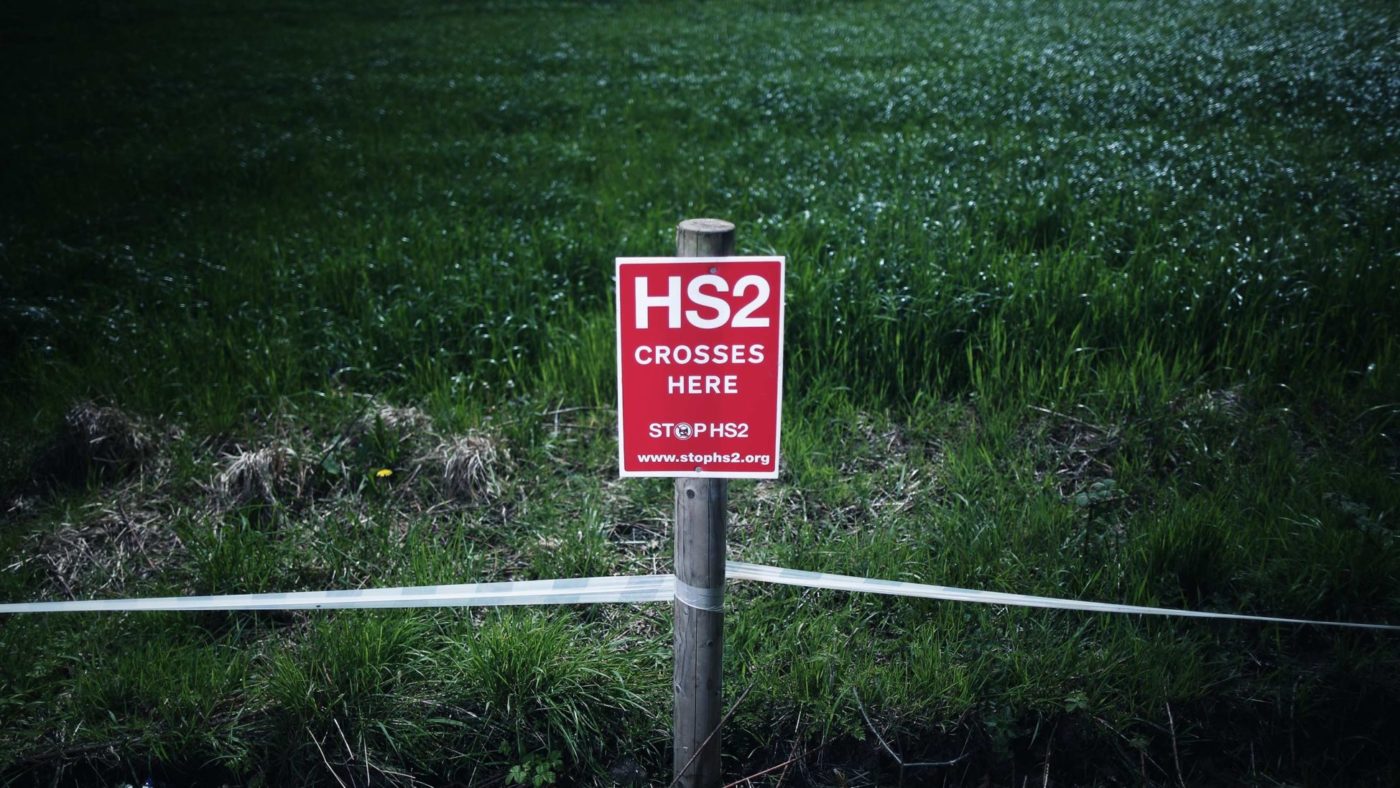Critics of HS2 were given cause for optimism this week with the announcement of a review into the high-speed rail line. The new Transport Secretary, Grant Shapps, has promised a “go or no-go” decision by the end of this year.
Those hoping for the whole thing to be scrapped may be disappointed by the terms of the new inquiry and those undertaking it. The man in charge, Douglas Oakervee, is a former chair of HS2 Ltd and has made clear his support for the project, so it seems unlikely he will call for cancellation.
That many are sceptical about the merits of HS2 is entirely understandable. The cost seems to rise with every passing year. The original budget of £32.7bn is now up to more than £55bn, and there are fears it could eventually exceed £100bn. Coming after years of belt-tightening, this apparent looseness with taxpayers’ cash is unforgivable. MPs and councils can also rightly question why central government can find so much cash for HS2 but not for all manner of other areas that need attention.
Compounding those frustrations is the fact that the best argument for HS2 – creating more rail capacity and a high-speed network that will link up the north, the Midlands and London – has not been made with sufficient enthusiasm or regularity. Instead to many people it appears simply to be an expensive way to cut journey times between intercity routes, with few knock-on benefits for many of the places affected by the route.
If, as seems likely, Mr Oakervee does not recommend outright cancellation, his review must at the very least focus intently on reducing the cost overruns that have plagued HS2. Simply asserting that big projects always end up costing more is not a sufficient response when such a large amount of public money is at stake.
Part of the review’s remit is also to look at lessons for the future. Among those must be a more rigorous control of costs, and more accountability for confidence-sapping errors.
But perhaps the most important question is why construction has barely begun more than a decade after the formation of HS2 Ltd. This kind of inertia is not reserved for HS2, of course. Crossrail is two years behind schedule and nearly £3bn over budget, with the Public Accounts Committee saying costs are “likely to continue to climb” as construction drags on.
At least Crossrail is being built though. After decades of reviews and inquiries, a third runway at Heathrow is still on the drawing board. For comparison, there are now no fewer than six runways at Schiphol, while Paris Charles de Gaulle and Frankfurt each have four. In China, meanwhile, there are now 235 civil airports and plans to double that number by the year 2035.
Of course, the UK is not alone when it comes to dithering over infrastructure. Even in legendarily efficient Germany, Berlin’s new Willy Brandt airport is years behind schedule and set to cost more than three times its original budget. In Spain the €1bn Ciudad Real airport opened in 2008 only to close in 2012 for lack of demand.
To an extent, delay and dither is the price we pay for living in a democracy. The HS2 Bill, for instance, went through three years of parliamentary scrutiny before it was finally granted Royal Assent in February 2017. Conversely, China’s breakneck development is a direct result of not having to put up with niceties like elections or the rule of law. An almighty central state can, quite literally, plough on with little concern for local people’s homes or environmental concerns.
Few people, one hopes, would trade in our hard-won civil rights for a more decisive planning system. But we ought to aspire to a system that balances democratic processes with a much greater sense of urgency.
CapX depends on the generosity of its readers. If you value what we do, please consider making a donation.


